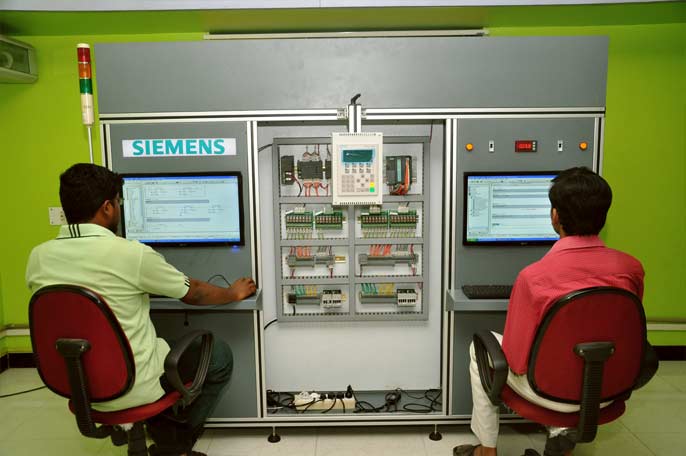Distributed Control Systems (DCS) play a key role in modern industries. The demand for skilled DCS professionals remains high as these systems power processes in oil, gas, power, and manufacturing sectors. Picking the right DCS training can affect your career path and your effectiveness in the field.
Choosing a DCS course is not a quick decision. You need to weigh several factors to make sure you gain both relevant knowledge and hands-on skill. Get ready to separate marketing from what truly matters.
Identify Your Training Goals
Clear goals define your training path. Are you new to DCS or do you want to sharpen your expertise? Some people want deep, hands-on experience, while others might need an overview for project management or sales roles.
Before searching for training:
- Pinpoint why you need DCS training (career change, job requirements, promotion).
- List the technologies and brands used in your industry (Siemens, ABB, Honeywell, others).
- Decide if you want classroom-based learning, online modules, or a hybrid option.
Evaluate Course Content and Structure
Not all DCS training is created equal. Quality programs stay current and cover key technical skills.

Photo by Katerina Holmes
The best courses offer clear modules on:
- DCS architecture and working principles
- Control strategies and programming
- System configuration
- Troubleshooting and maintenance
- Real-world case studies and simulations
Look for programs that regularly update their modules. This keeps you ahead as DCS technologies shift.
Courses like the Best Distributed Control System (DCS) Training detail their structure and focus on both theory and hands-on skills.
Verify Instructor Experience
Who teaches the course? Your learning experience depends on it.
Look for instructors with:
- Solid, recent industry experience
- Certifications from major DCS vendors
- Real project implementation stories
Read biographies and look for industry recommendations. First-hand stories from the field often provide insight a textbook cannot.
Compare Hands-On Labs vs. Theory
While theory offers a foundation, nothing beats hands-on practice. The best DCS training gives access to simulation labs, real controllers, and live projects.
Ask about:
- Hours spent in practical labs
- Access to simulators and virtual setups
- Feedback from real practice sessions
Many high-value courses, like those featured on the Best Online Training for DCS, combine theory with practical exercises, making learners more job-ready.
Consider Certification and Recognition
Employers rate proof of skill. Select courses that give you a credible certificate upon completion.
Some programs prepare you for vendor certifications, which are often required for advancement or site work. Popular DCS vendors have unique certifications, so match your choice to your job goals.
When comparing options, check if the certificate is recognized by hiring managers or professional networks. Online tech forums like platform for free DCS training discuss the reputation and value of various certifications if you want real user opinions.
Look for a Supportive Learning Community
Learning doesn’t stop when the class ends. Programs with active communities, discussion boards, or alumni forums offer benefits long after you finish.
Strong support networks help troubleshoot complex concepts and connect you with industry contacts. They often spark real insights you can’t get from just studying alone.
Weigh Cost Against Value
Cheap training is rarely thorough. Expensive courses may not always deliver value.
Study the features tied to cost, such as:
- Depth of modules
- Lab access and duration
- Length and flexibility of the course
- Support and mentorship
If a program’s cost matches real-world benefits like top instructors, powerful labs, and network access, the investment can be worth every dollar.
Read Real Reviews and Student Outcomes
Look past course marketing. Check for reviews from past students. Did they find jobs quickly or increase their earning power? Did they gain confidence in handling live DCS installations?
User-generated feedback on technical forums and professional networks offers a true sense of what works. Seek out stories from students who started at your skill level.
Conclusion
Choosing the best DCS training can shape your skill set for years to come. Start by clarifying your goals. Study the quality of course material and instructor background. Prioritize hands-on labs and real-world learning. Focus on official recognition and engaged learning communities. Last, review cost in the context of long-term career value.
Investing in strong DCS training pays off in confidence, career prospects, and daily job performance. As with any technical skill, the effort you put into picking the right course will show in the results you achieve.
